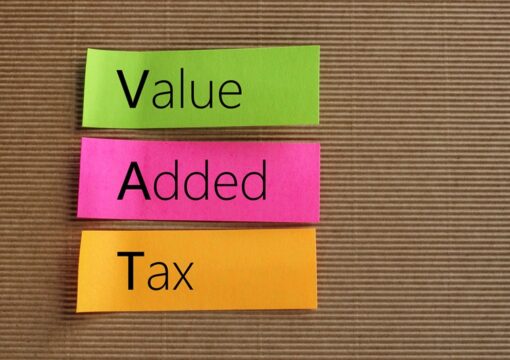
A voluntary VAT deregistration can be made if you do not expect your taxable turnover to exceed the VAT deregistration limit. The current deregistration limit is £83,000.
If you are running a small business that has been adversely affected by

There are special VAT rules that allow businesses to standard rate the supply of most non-residential and commercial land and buildings (known as the option to tax). This means that subsequent supplies by the person making the option to tax will be

VAT retail schemes are a special set of schemes used by retail businesses to account for VAT. The schemes are usually used by businesses that sell a significant amount of low value and/or small quantity items to the public with different VAT
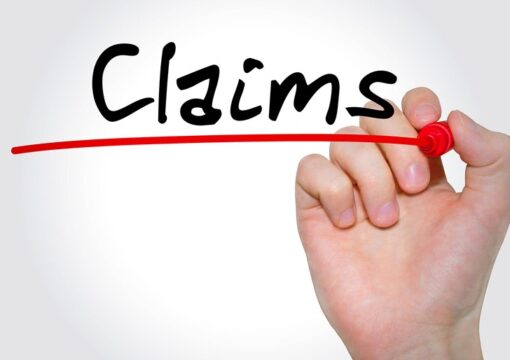
The VAT paid in other EU countries is often recoverable by VAT-registered businesses in the UK, who bought goods or services for business use. The rules that govern the amount of VAT repayable depends on the EU countries rules for claiming input tax.
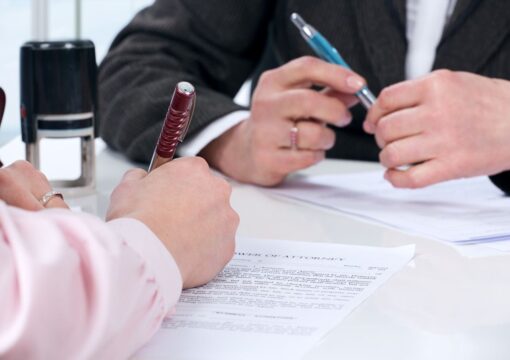
The transfer of a business as a going concern (TOGC) rules cover the VAT implications when a business is sold. Normally the sale of the assets of a VAT registered or VAT registerable business will be subject to VAT at the appropriate rate.
Where the
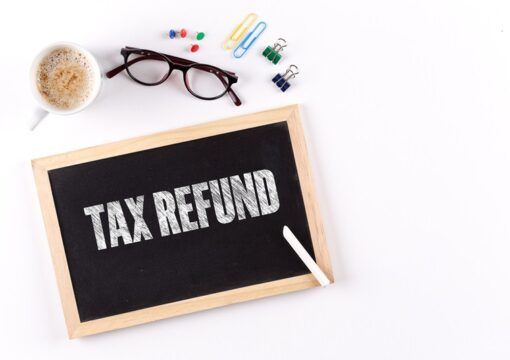
The VAT paid in other EU countries is often recoverable by VAT-registered businesses in the UK, who bought goods or services for business use. The exact rules that govern what VAT is refundable depends on the other countries rules for claiming input
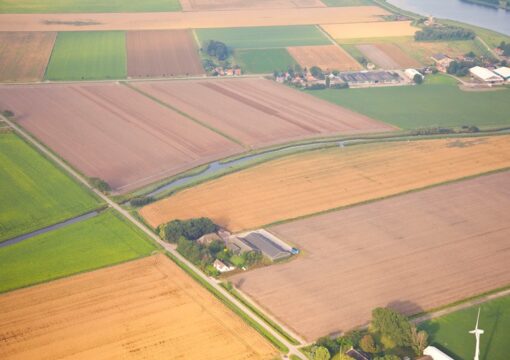
Businesses that use the flat rate scheme pay VAT as a fixed percentage of their VAT inclusive turnover. The VAT agricultural flat rate scheme is a variant of the flat rate scheme specifically designed for farmers and other activities relating to
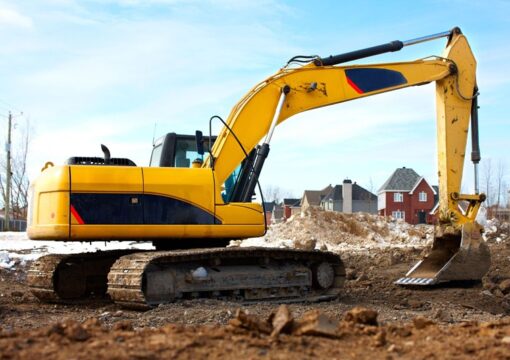
A change to the VAT rules first announced at Budget 2018, will come into effect from 1 October 2019. This change will make the supply of construction services between construction or building businesses subject to the domestic reverse charge. The

In a letter being sent to businesses across the country, HMRC has published the following information on the effect a no-deal Brexit would have on changes to VAT IT systems.
We have reproduced below a summary from the letter of the main
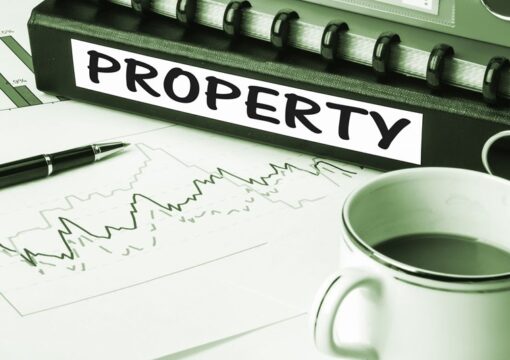
A new Revenue and Customs Brief (6-2018) entitled VAT exemption for all domestic service charges has recently been published by HMRC. The brief explains changes to the Extra Statutory Concession (ESC) 3.18 VAT: exemption for all domestic service
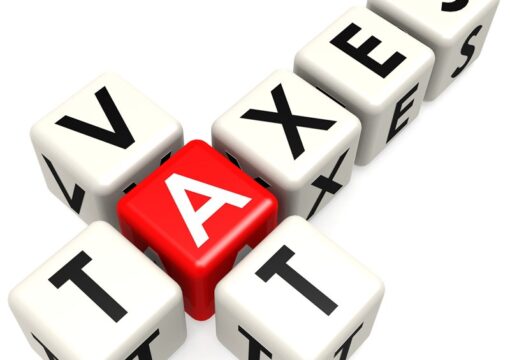
There are special VAT rules that allow businesses to standard rate the supply of most non-residential and commercial land and buildings (known as the option to tax). This means that subsequent supplies by the person making the option to tax will be
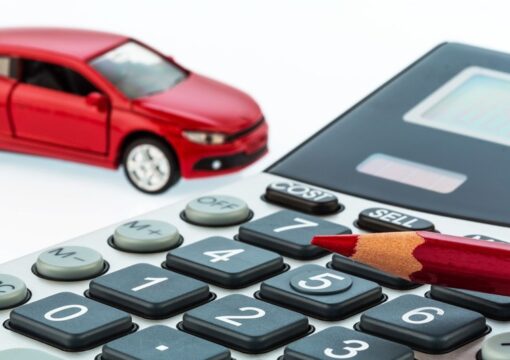
A new Revenue and Customs Brief 7/18 has been published by HMRC concerning their policy on the VAT accounting treatment of promotions, where payments are said to be made by motor dealers to finance companies on behalf of the end customer. These are
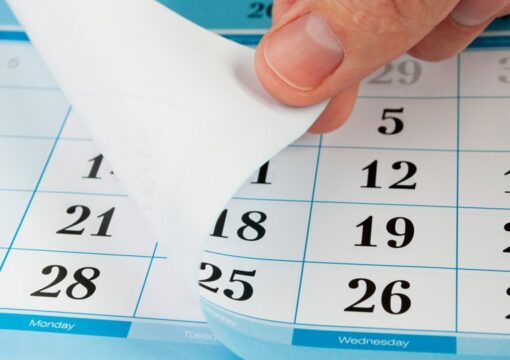
The VAT annual accounting scheme is open to most businesses with a turnover of up to £1.35m per year. Businesses that use the scheme are only required to file one VAT return at the end of each year. This can significantly reduce the amount of
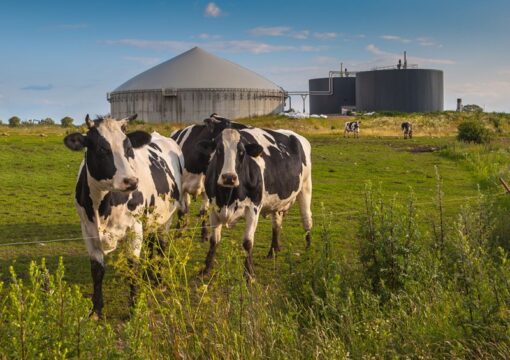
Businesses that use the flat rate scheme pay VAT as a fixed percentage of their VAT inclusive turnover. The VAT agricultural flat rate scheme is a variant of the flat rate scheme specifically designed for farmers and other activities relating to

Whilst the majority of businesses charge VAT at the standard rate of 20% there are a number of different VAT rates and exemptions that businesses should be aware. There are actually three separate VAT rates, the standard rate of 20%, the reduced rate